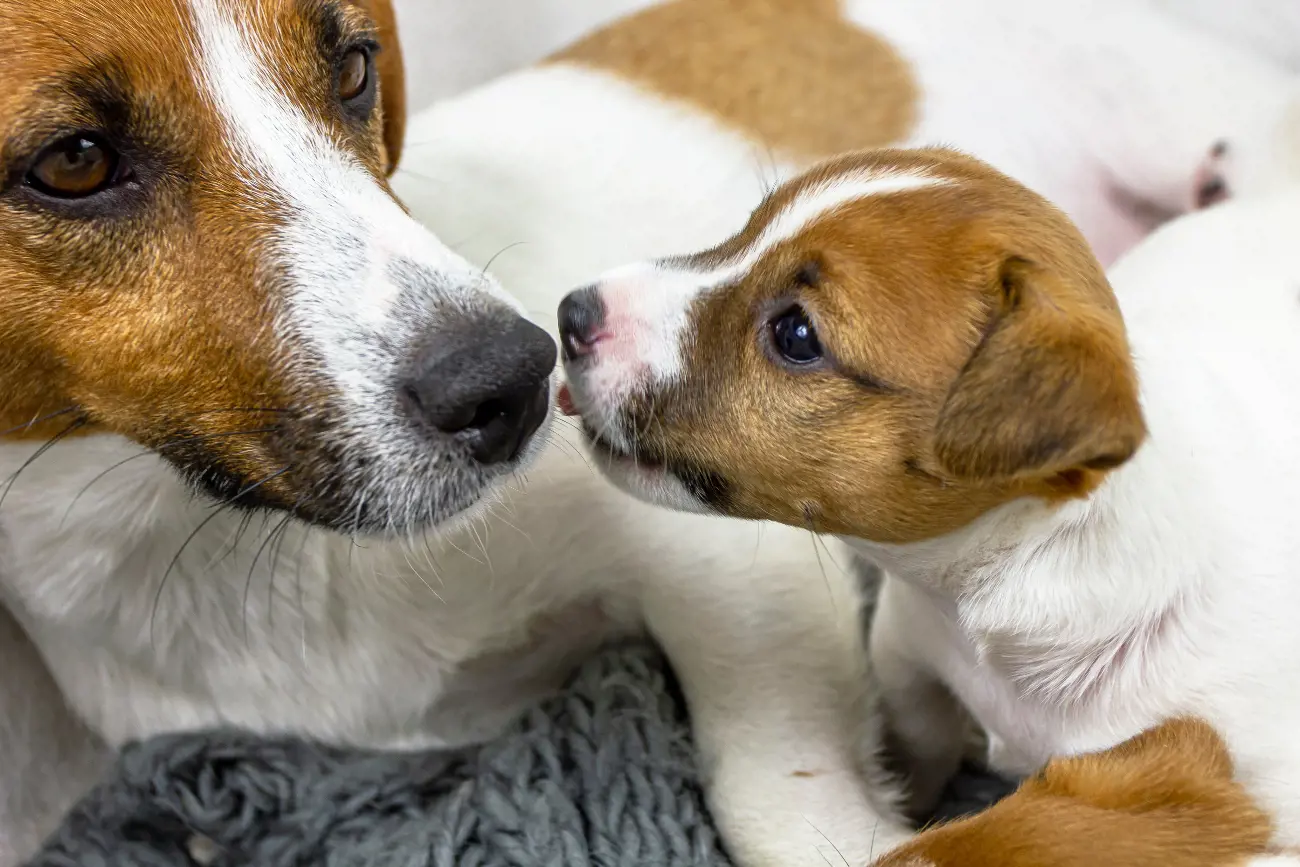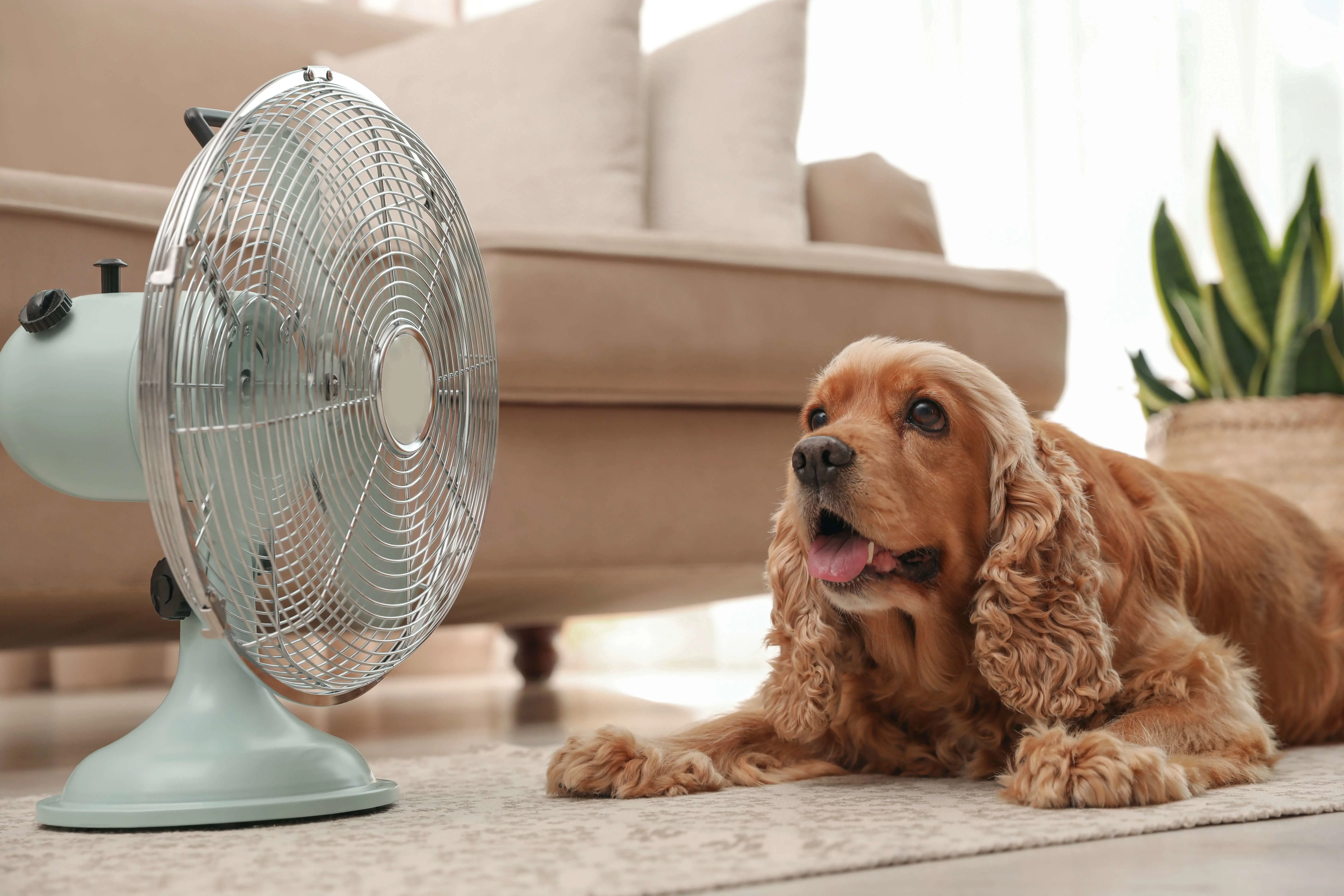12 ways to become a more sustainable pet owner
30th May, 2023

Nowadays, more and more people are looking to raise furry family members in a way that coincides with their eco-friendly lifestyle. Can you truly be a more sustainable pet owner?
Just like us, our furry friends use natural resources and have an impact on our planet. Well, with the right approach and mindset, you can practice sustainable pet ownership and reduce the environmental impact of having pets in your home.
Are you ready to transform into a more sustainable pet owner? Let’s dive right in!
Recycle your old pet food pouches
Most of us now recycle every single day but there are some items which we still have to woefully chuck in the bin, such as pet food pouches.
However, pet owners can shop around for eco brands of pet food that use recyclable packaging. There are also an increasing number of public drop-off locations which will recycle your pet food pouches for you!
Recycle household items into pet toys
Another way to recycle is to use items around the home to make your own DIY pet toys. Repurposing old items is a great way to recycle and keep your furry friends entertained at the same time.
Even a cardboard box can provide great entertainment or perhaps a cosy place for a cat to curl up. While toilet roll tubes can make excellent puzzle feeder for your cat or dog.
Pass on your unloved toys
We all love spoiling our pets with toys and accessories and adding novelty to their lives with new toys is fantastic for their enrichment, happiness, and health.
However, every pet is an individual and each will find different toys engaging and so if you’ve brought a toy your pet just isn’t interested in, rather than throwing it away, why not gift it or swap it with another pet-owning friend or family member?
Buy biodegradable cat litter or compostable dog poo bags
Reducing wastage is another easy but important way that pet owners can become more environmentally friendly. Try switching to biodegradable cat litter or compostable dog poo bags. Tonnes of cat litter and plastic poo bags end up in landfill every year so this small switch could have a big impact!
Walk more and drive less with your dog
Car use is a major contributor to carbon emissions, so take inspiration from your dog, and go for walkies! The good news is that dog owners already tend to take more short walking trips than non-owners.
Choosing to walk your dog straight from the front door, rather than jumping in the car for short trips to the park, will help reduce your carbon footprint. If you both get bored of the same old routes, it’s time to find new dog walks on your doorstep.
Or try hopping on a local bus or train with your dog to explore somewhere new via public transport.
Opt for greener dog grooming products
If you tend to choose eco-friendly washing, cleaning and beauty products for you and your home, don’t forget to do the same for your dog too! You’ll find plenty of dog shampoos and grooming products that harness natural ingredients, are free from harsh chemicals, and/or come in biodegradable or recycled packaging.
If your usual dog shampoo comes in plastic packaging, why not try a plastic-free shampoo bar in a cardboard wrapper instead? And if your dog brush ever needs replacing, consider choosing one made from natural materials, like bamboo, rather than plastic.
Adopt, don’t shop!
If you’re looking into getting a little furball of your own, or adding to your fur family, consider getting them from a rescue organisation instead of a breeder and adding to the environmental complications of overpopulation.
Make homemade treats
With plenty of inspiration and recipes online, there’s never been a better time to have a go at making your own pet treats!
Making your own and storing them in a reusable, resealable container can be a great way of skipping the wasteful packaging that comes along with most commercially available pet treats and leaving out environmentally damaging ingredients like unsustainable palm oil.
Keeping your pet healthy
Taking positive preventative steps to protect your pet’s health is not only good news for your pet, but also good news for the planet – helping avoid the carbon costs associated with intensive veterinary treatment.
Making sure your pet gets enough exercise; is up to date with their veterinary check-ups, parasite prevention and vaccinations; and eats a sensible diet will all help keep them thriving.
By choosing to insure your pet with Purely Pets, you’re already being proactive about keeping them healthy. Plus, making claims online can also help reduce your paper usage.
Source: RSPCA
Reduce waste
As with all forms of sustainability, considering the waste pet ownership generates is really important. Wasting food in a large contributor to our pet’s environmental footprint, and often comes about as a result of overfeeding. Overfeeding your pet not only harms the environment but also affects your pets health.
Ensuring you follow the feeding guidelines on pet food packets and weigh out your pet’s food every day is an important step to help control pet’s waistlines and avoid excess food. If you’re not sure about the amount of food you should be feeding your pet have a chat with your vet.
Be careful in the countryside
When exercising your dog, follow any local guidance or on-site signage to ensure that your pet isn't disturbing wildlife, or stressing the grazing animals that create and maintain habitat.
When visiting rivers, keep your dog out of the water if they have recently been treated with a topical flea treatment. These are essentially pesticides which can leach into the water and cause harm to aquatic wildlife, like dragonfly, beetle, and mayfly larvae.
If the site you're visiting allows dogs to swim, be aware of any bankside plants that are at risk of being trampled.
Planet friendly pet food
If your pet eats a plant-based diet, the main area you should focus on is packaging. If you can buy food loose, carrying it using your own reusable containers, this is the best way to avoid packaging. Otherwise, try to find food with recyclable packaging, or buy in bulk as long as you can be sure that the food will be used before its expiration date.
Producing meat requires a lot of resources, it can be a source of pollution, and carries a significant environmental footprint. For cats and dogs on meat-based diets, pick food with lower impact meats like chicken and try to stay away from beef, whose carbon footprint far exceeds that of any other meat.
While they might seem like a good idea, human-grade meats used in high end pet foods put additional pressure on our food production systems: try looking for pet food made from by-products of the meat industry like bonemeal and organ meat, or with high plant-based content. If you’re after fish-based food, make sure it’s certified sustainable.
Source: Wildlife Trust
Helpful Pages
Recent Posts
Pet Insurance Quote
- 98% claims paid *
- Claims paid directly to vets
- 24/7 vet video consultations
- Interest free monthly payments




